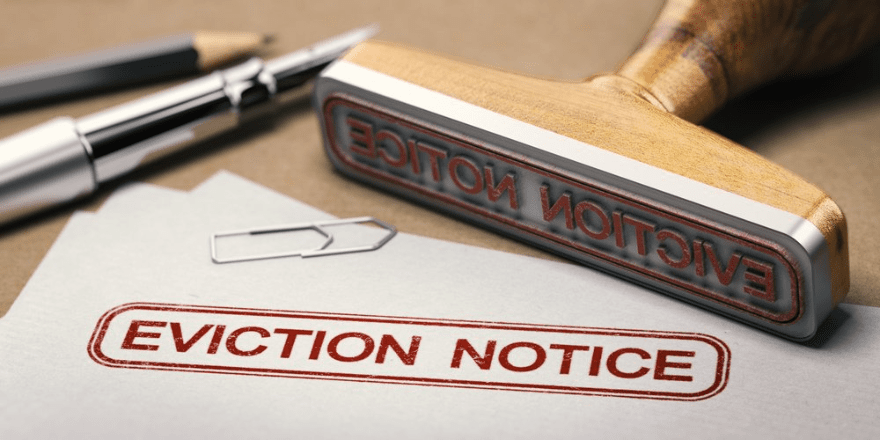If you want to create a Power of Attorney (POA) in Virginia, you need to understand the requirements and laws. Having this information is essential to create your legal form in line with state laws.
By following Virginia’s statutes, you’ll be able to make a valid POA which allows you to name an attorney-in-fact or agent to make critical decisions on your behalf.
Find out how to draft this legal form and ensure you can name someone who will respect your healthcare and financial choices.
Who Should Get a Power of Attorney in Virginia
In Virginia, anyone over the age of 18 should consider establishing a POA. While a POA for elderly parents is more common, there are still a number of individuals and circumstances which the form is useful for.
Strongly consider creating a POA if you are:
- Planning to serve in the military
- A parent or guardian
- An elderly person
- Someone with long-term health issues
If you are a frequent traveler and cannot be present for a major decision, then it is a good idea to give power to an agent.
Different Types of POAs You Can Create in Virginia
You can choose between one of a number of types of POAs. Each of these Power of Attorneys is designed for specific situations and grants varying levels of authority.
For example, it’s important to keep in mind that a Power of Attorney for someone incapacitated or one for real estate, will need different forms.
To select the appropriate POA in Virgina, consider:
- Your personal circumstances
- The level of authority you wish to grant
- The duration for which the POA should be valid
You should also consider what type of decisions each document can allow your agent to be in control of.
Take a closer look at the options to better understand how to choose the right type of POA for you:
- Durable Power of Attorney: Remains in effect if the principal becomes incapacitated, covering legal and financial decisions.
- Healthcare Power of Attorney: Allows the agent to make medical decisions, vital for healthcare planning.
- Springing Power of Attorney: Activates under conditions set by the principal, such as incapacitation.
- General Power of Attorney: Grants broad powers, effective until revoked or upon the principal's incapacitation.
- Limited Power of Attorney: Limits the agent's powers to specific acts or time frames.
How to Get a Valid POA in Virginia
To get a POA form in Virginia, you can simply make your own. You have a statutory right to name someone as an agent, but you need to ensure that you follow all Virginia Power of Attorney laws.
By following the Power of Attorney rights and limitations and the steps below, you can prepare your valid legal form:
- Choose a trusted individual as your agent
- Select the most suitable POA form for your needs
- Prove that you are of sound mind when signing the POA
- Sign the document by meeting Virginia’s signing requirements for legal validity
- Have your agent accept their duties in writing
- Consider using a POA template to facilitate the process
Use our Power of Attorney template to make the entire POA creation process simple and avoid overly expensive lawyer fees.
Virginia State Power of Attorney Laws
To correctly give a Power of Attorney to an agent, you need to guarantee your form is following state laws.
The Code of Virginia, which adheres to the Uniform Power of Attorney Act (§64.2-1600) outlines the requirements and legal framework for POAs.
Key legal points include:
- Signing requirements: For your POA to be considered valid it must be signed by the principal and notarized by a notary public to be considered valid in Virginia (§64.2-1603).
- Durability definition in Virginia: A POA is presumed durable unless stated otherwise, meaning it remains in effect if the principal becomes incapacitated (§64.2-1602).
Frequently Asked Questions About Virginia POA
-
Before giving anyone power, it’s important to understand how to revoke a POA.
Draft a written document stating your intention to revoke the powers granted to your agent. This should be signed in front of a notary public.
-
When trying to decide how to choose an agent for your POA, think about someone you deeply trust to act in your best interests. Consider their reliability to make decisions that align with your wishes.
You should also discuss your expectations with them before finalizing your decision, to ensure they are willing and able to fulfill the role.
-
Your form must be signed following the Virginia Power of Attorney Act. If you sign the form without a notary present, it will not be recognized as a valid legal document.
In turn, your agent will not have the authority to make decisions on your behalf. This could lead to complications in managing your affairs if you become incapacitated or are otherwise unable to make decisions yourself.


